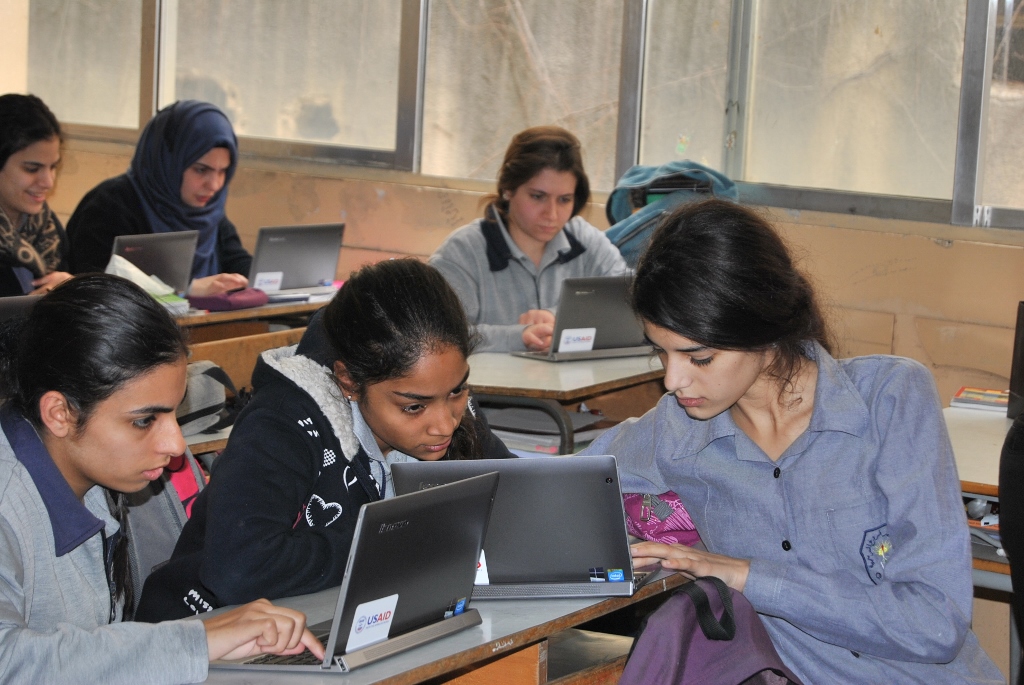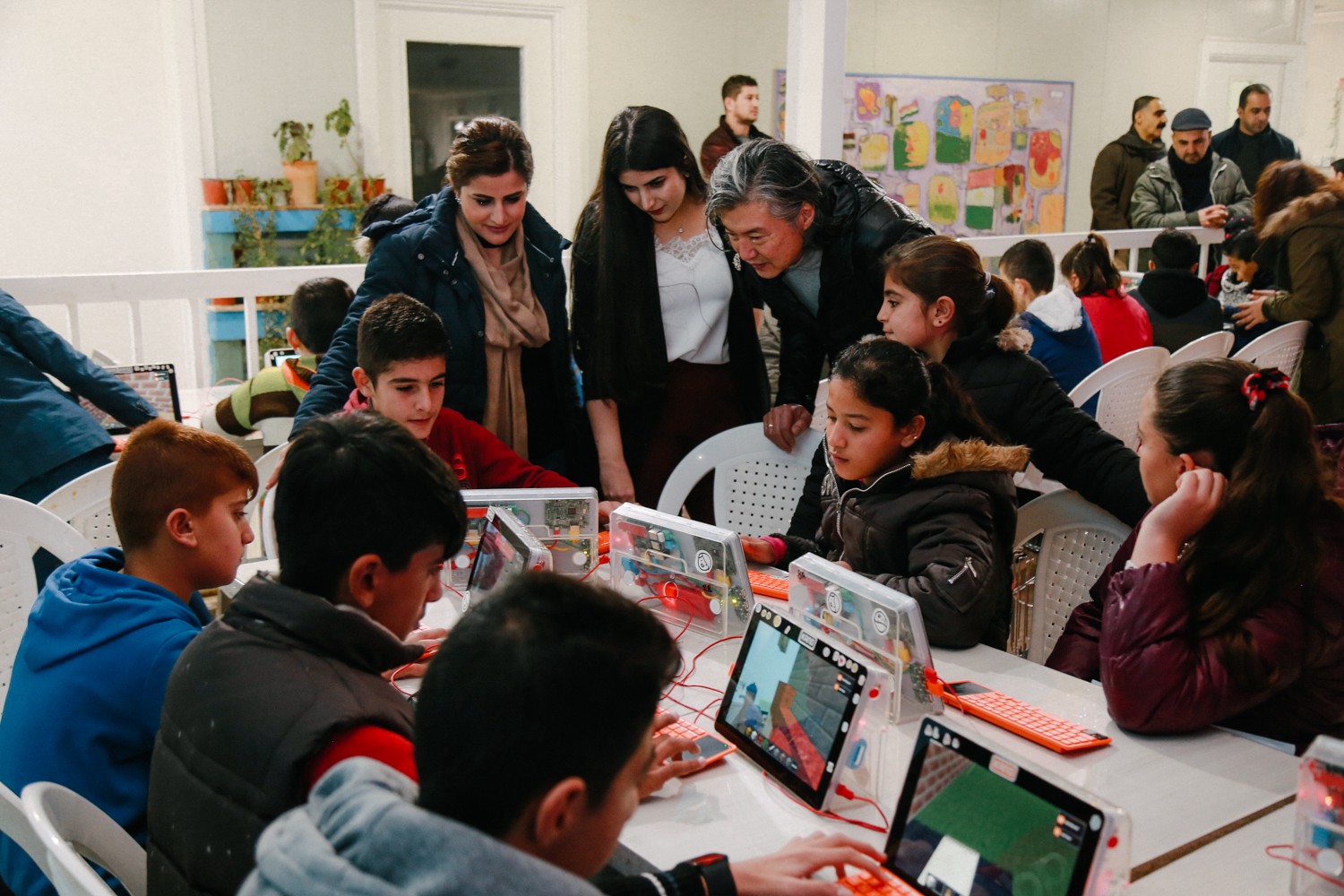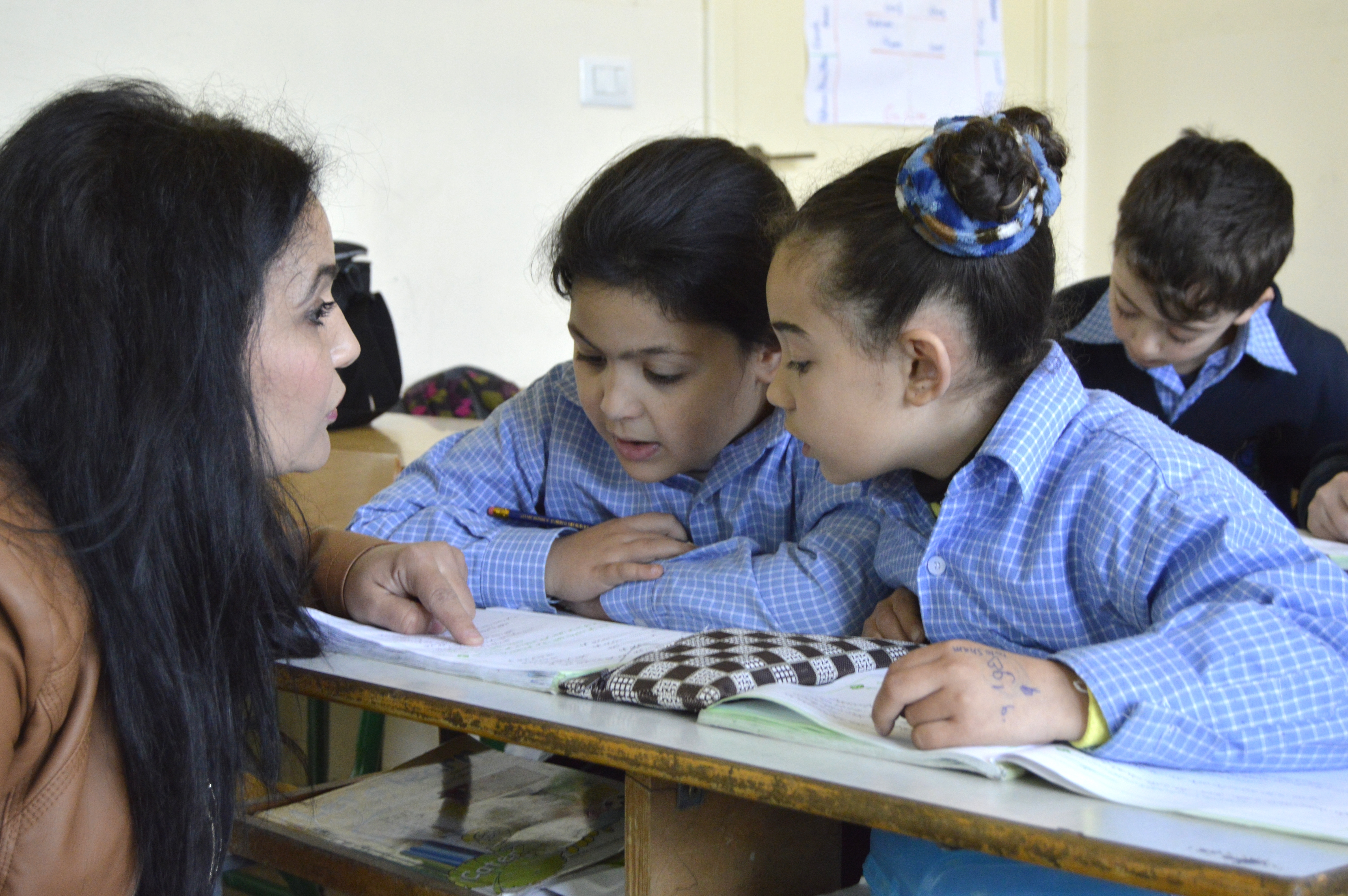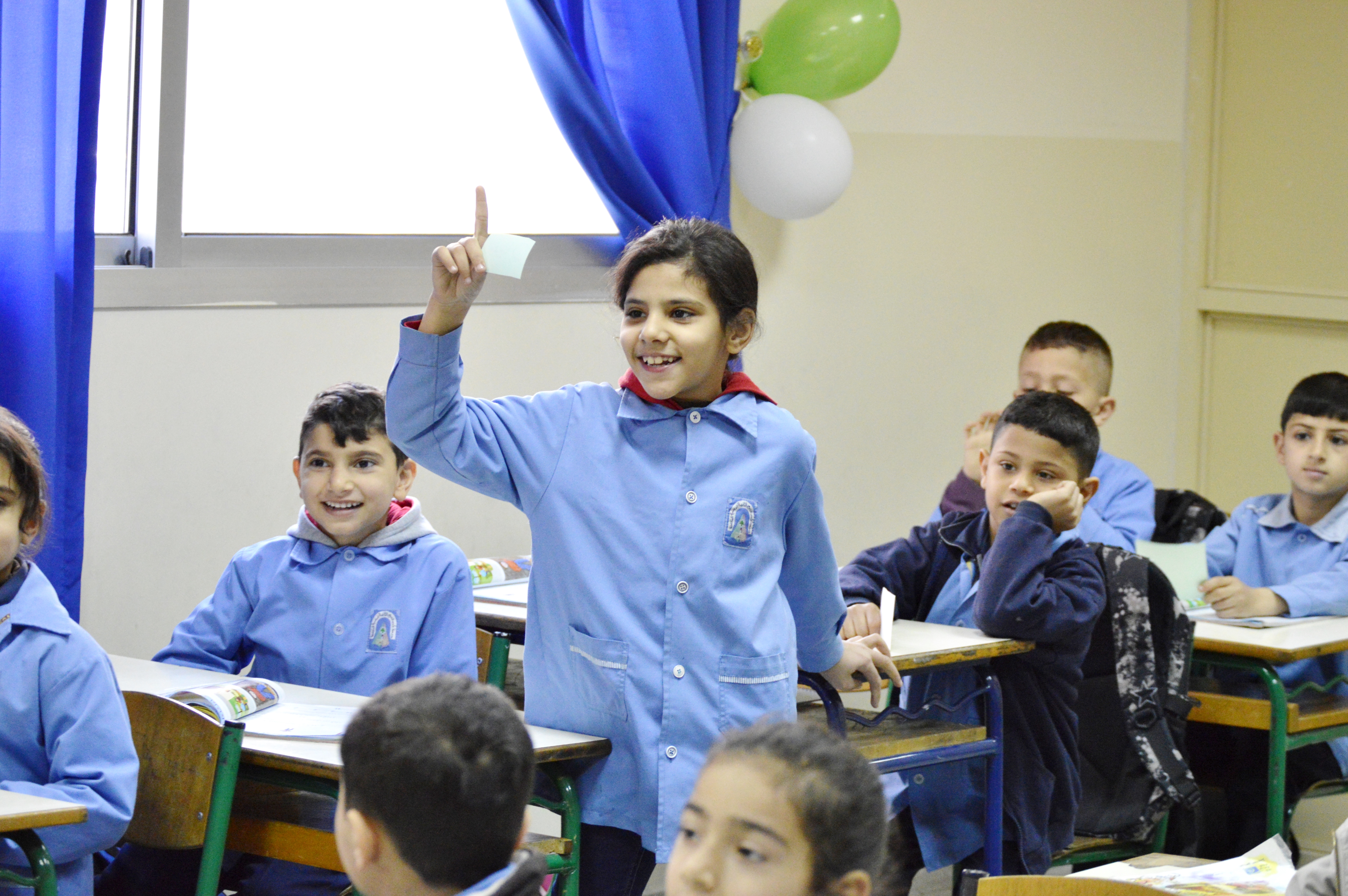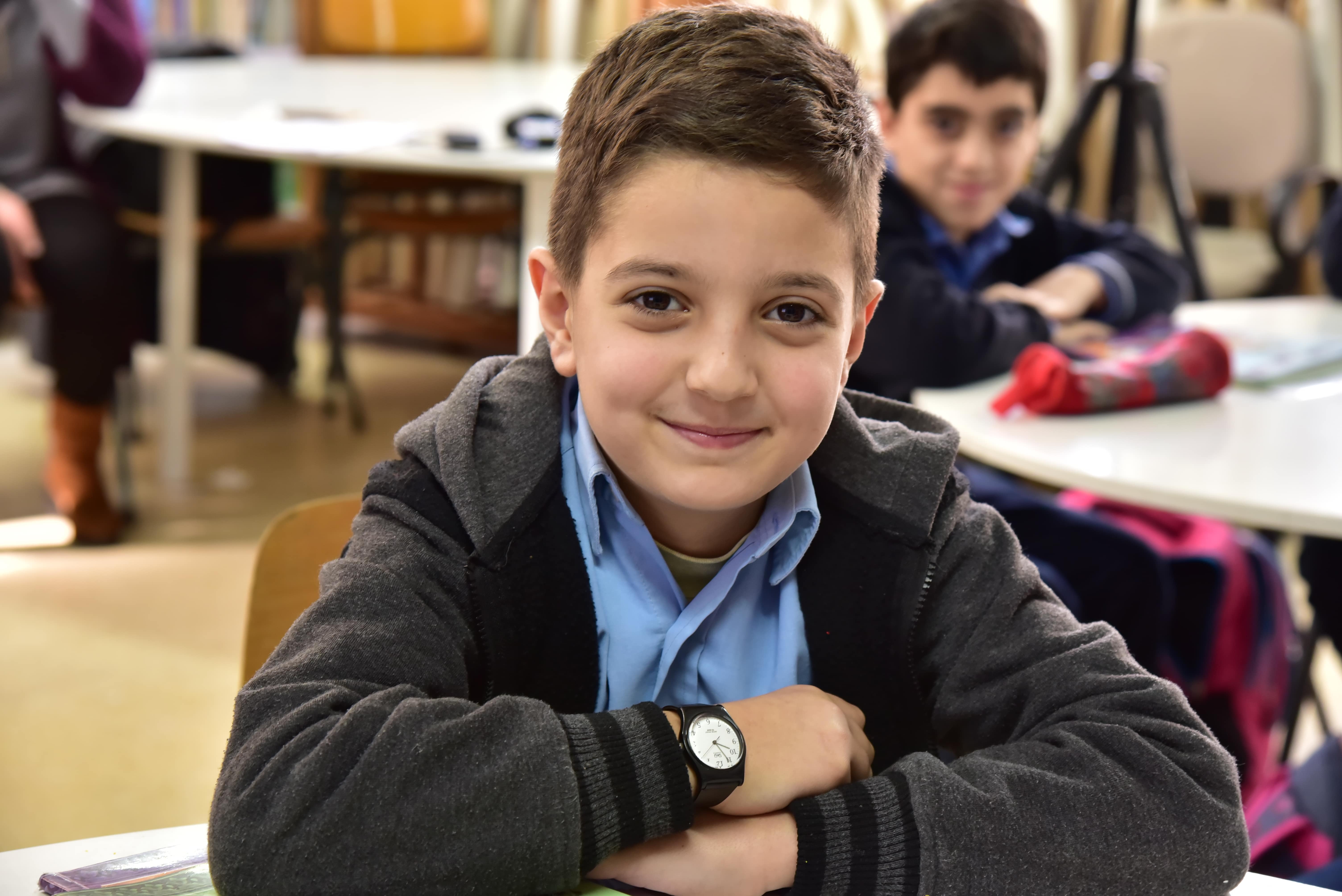D-RASATI’s Phase 2 was a $24.5 million, two-year project, initially planned to run from October 2013 to September 2015. The program which built on the achievements of Phase 1 and contributed to the implementation of MEHE’s Education Sector Development Plan. World Learning implemented the program to reach the specific objectives of enhancing the learning environments in public schools and providing dynamic learning opportunities for school administrators and teachers, while increasing parent and community involvement in the public school system development. The project involved staff from MEHE and from the Center for Education and Research and Development (CERD) in each of its components to embed institutional capacity building and operational and technical know-how in the structure of Lebanon’s public school system. In response to the situation produced by the Syrian crisis and its impact on the hosting communities and the public education system, D-RASATI 2 received an additional $4.5 million in September 2014 and was extended until March 2016
D-RASATI 2’s activities included developing key strategy and guidance documents for MEHE; a set of standards for extracurricular activities, leadership development, school improvement, and community engagement; a comprehensive national strategy to promote extracurricular activities within the education system including seven modules for schools; an ICT action plan to guide the deployment of ICT across the entire public school system; and training of trainers training materials on ICT, extracurricular activities, leadership development, school improvement, and community engagement.
D-RASATI 2 provided key interactive learning opportunities to public school system administrators on approaches to school development through the leadership development and school improvement. This was coupled with continuous mentoring, coaching, and small grants to put learning into action. The project also provided teachers with English language training to improve the delivery of teaching in English, trained teachers with advanced language skills on language instruction and methodology, delivered intensive coaching on integrating ICT in the classroom, and offered training on organizing and delivering extracurricular activities. D-RASATI 2 provided equal opportunity for all to participate in and benefit from its activities.
In addition to the project’s main activities, D-RASATI 2 focused on schools located in communities hosting high concentrations of Syrian refugees to support the Lebanese government efforts to alleviate the pressure on the public education system as a result of the Syrian crisis. The project conducted trainings on human rights-based management skills and psychosocial support skills for school staff in order to improve social cohesion among Syrian refugees in the classroom and community and established a mechanism to closely monitor these activities and measure the reduction in tensions between students at the school level. Stipends were also available to 65 schools to finance teaching and learning materials to satisfy the needs of the increased student population.
For more information, visit the D-RASATI 2 Facebook page.





